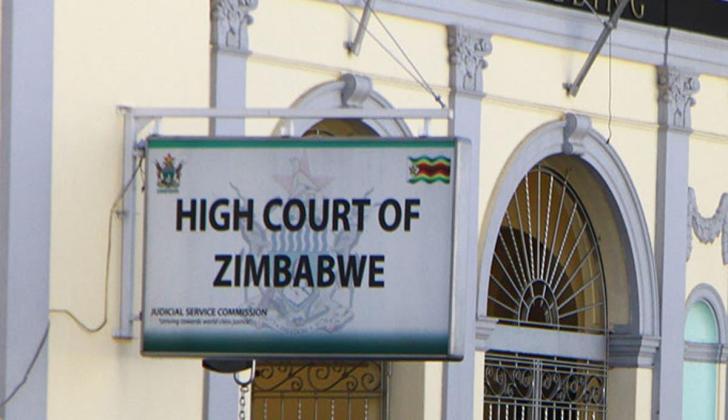News / National
'Mnangagwa not obligated to accede to international conventions'
04 Nov 2024 at 06:35hrs |
0 Views

The High Court has ruled that there is no legal requirement compelling President Emmerson Mnangagwa to accede to international conventions, following an application by lawyer and activist Obey Shava seeking to force the President to ratify the Convention Against Torture and Other Cruel, Inhuman or Degrading Treatment or Punishment (CAT).
In her judgment, Justice Gladys Mhuri dismissed Shava's application, clarifying that the President has the discretion, but not the obligation, to accede to such conventions. "The law does not impose a mandate on President Mnangagwa to sign or accede to a convention," stated Justice Mhuri, adding that the court could not compel the President to take an action not required by law.
Shava's petition requested that the President accede to the CAT, deposit the necessary instruments with the United Nations, and present the convention for ratification in Parliament within a year. He argued that the President's inaction violated constitutional provisions, including Section 56 on equal protection under the law and Section 47, which emphasizes the rule of law and constitutionalism.
The respondents in the case, including President Mnangagwa, Justice, Legal and Parliamentary Affairs Minister Ziyambi Ziyambi, Parliament, and the Zimbabwe Human Rights Commission (ZHRC), opposed Shava's claims. They argued that Zimbabwe's Constitution already protects against torture under Section 53, which prohibits "torture or cruel, inhuman or degrading treatment or punishment." Furthermore, they maintained that sovereign states are not compelled to sign conventions and that Shava's interest in acceding to CAT did not establish any legal obligation for Zimbabwe to do so.
The government has expressed commitment to considering CAT's ratification, highlighting that the matter is part of its agenda for the upcoming United Nations Human Rights Council's Universal Periodic Review. This month, Minister Ziyambi and Attorney-General Virginia Mabiza will lead Zimbabwe's delegation to the review meeting, where countries assess each other's progress on human rights.
Justice Mhuri's ruling underscores the discretionary power held by the executive in international agreements, with no statutory mandate obliging the President to accede to conventions unless a decision is made under his authority.
In her judgment, Justice Gladys Mhuri dismissed Shava's application, clarifying that the President has the discretion, but not the obligation, to accede to such conventions. "The law does not impose a mandate on President Mnangagwa to sign or accede to a convention," stated Justice Mhuri, adding that the court could not compel the President to take an action not required by law.
Shava's petition requested that the President accede to the CAT, deposit the necessary instruments with the United Nations, and present the convention for ratification in Parliament within a year. He argued that the President's inaction violated constitutional provisions, including Section 56 on equal protection under the law and Section 47, which emphasizes the rule of law and constitutionalism.
The government has expressed commitment to considering CAT's ratification, highlighting that the matter is part of its agenda for the upcoming United Nations Human Rights Council's Universal Periodic Review. This month, Minister Ziyambi and Attorney-General Virginia Mabiza will lead Zimbabwe's delegation to the review meeting, where countries assess each other's progress on human rights.
Justice Mhuri's ruling underscores the discretionary power held by the executive in international agreements, with no statutory mandate obliging the President to accede to conventions unless a decision is made under his authority.
Source - The Herald
Join the discussion
Loading comments…



























